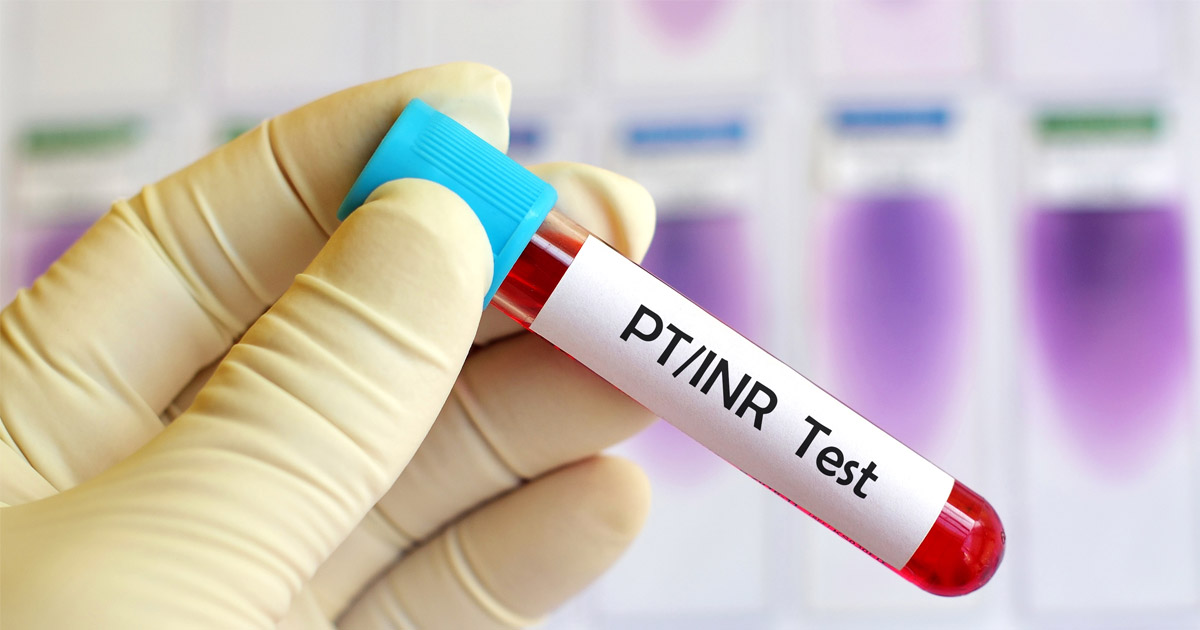GIFT – NIH Director's Blog (original) (raw)
Precision Medicine: Making Warfarin Safer
Posted on October 3rd, 2017 by Dr. Francis Collins

Caption: Finding the right dose of the drug warfarin can be tricky, even with this standard test to measure how fast a person’s blood clots.
Credit: Thinkstock/jarun011
Every year, thousands of older Americans require emergency treatment to stop bleeding caused by taking warfarin, a frequently prescribed blood-thinning pill. My own mother received this drug in her later years, and her doctors encountered significant challenges getting the dose right. The problem is too much warfarin causes potentially serious bleeding, while too little leaves those who need the drug vulnerable to developing life-threatening clots in their legs or heart. The difference between too little and too much is distressingly small. But what if before writing a prescription, doctors could test for known genetic markers to help them gauge the amount of warfarin that a person should take?
Such tests have been available to doctors and patients for a few years, but they have not been widely used. The recent results of a national clinical trial offer some of the most convincing evidence that it’s time for that to change. In this study of 1,650 older adults undergoing elective hip or knee surgery, patients whose genetic makeup was used to help determine their dose of warfarin were less likely to suffer adverse events, including major bleeding. This trial marks an encouraging success story for the emerging field of pharmacogenomics, the study of how the variations in our genes affect our responses to medicines.
Tags: blood, blood thinner, blood-thinning drugs, clinical trial, coagulation, CYP2C9, CYP4F2, drug safety, drugs, FDA, Genetic InFormatics Trial (GIFT) of Warfarin Therapy to Prevent Deep Venous Thrombosis, geriatrics, GIFT, hematology, hip replacement, knee replacement, medicine, NIH All Of Us Research Program, pharmacogenomics, precision medicine, prescription drugs, randomized clinical trial, vitamin K, VKORC1, warfarin, warfarin dosing, warfarin sensitivity